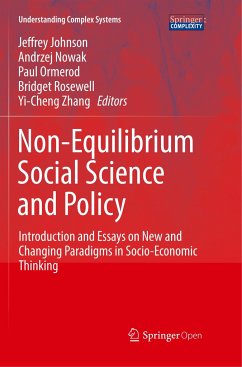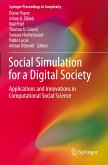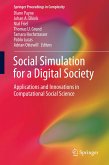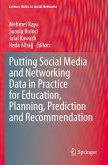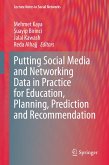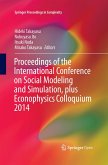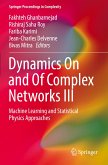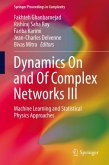The overall aim of this book, an outcome of the European FP7 FET Open NESS project, is to contribute to the ongoing effort to put the quantitative social sciences on a proper footing for the 21st century. A key focus is economics, and its implications on policy making, where the still dominant traditional approach increasingly struggles to capture the economic realities we observe in the world today - with vested interests getting too often in the way of real advances.
Insights into behavioral economics and modern computing techniques have made possible both the integration of larger information sets and the exploration of disequilibrium behavior. The domain-based chapters of this work illustrate how economic theory is the only branch of social sciences which still holds to its old paradigm of an equilibrium science - an assumption that has already been relaxed in all related fields of research in the light of recent advances in complex and dynamical systems theory and relateddata mining.
The other chapters give various takes on policy and decision making in this context. Written in nontechnical style throughout, with a mix of tutorial and essay-like contributions, this book will benefit all researchers, scientists, professionals and practitioners interested in learning about the 'thinking in complexity' to understand how socio-economic systems really work.
Insights into behavioral economics and modern computing techniques have made possible both the integration of larger information sets and the exploration of disequilibrium behavior. The domain-based chapters of this work illustrate how economic theory is the only branch of social sciences which still holds to its old paradigm of an equilibrium science - an assumption that has already been relaxed in all related fields of research in the light of recent advances in complex and dynamical systems theory and relateddata mining.
The other chapters give various takes on policy and decision making in this context. Written in nontechnical style throughout, with a mix of tutorial and essay-like contributions, this book will benefit all researchers, scientists, professionals and practitioners interested in learning about the 'thinking in complexity' to understand how socio-economic systems really work.
"This book is one of the major outcomes of a European FET open project on Non-Equilibrium Social Science (NESS). ... Reading a review about a book should also answer the most important question: 'should I read this book?'. I would answer this question firmly affirmative. ... contain interesting new insights for most people as you get glimpses from perspectives of all disciplines. ... I will recommend some of my colleagues and PhD students to also read it!" (Frank Dignum, JASSS, jasss.soc.surrey.ac.uk, Vol. 21 (1), 2018)

